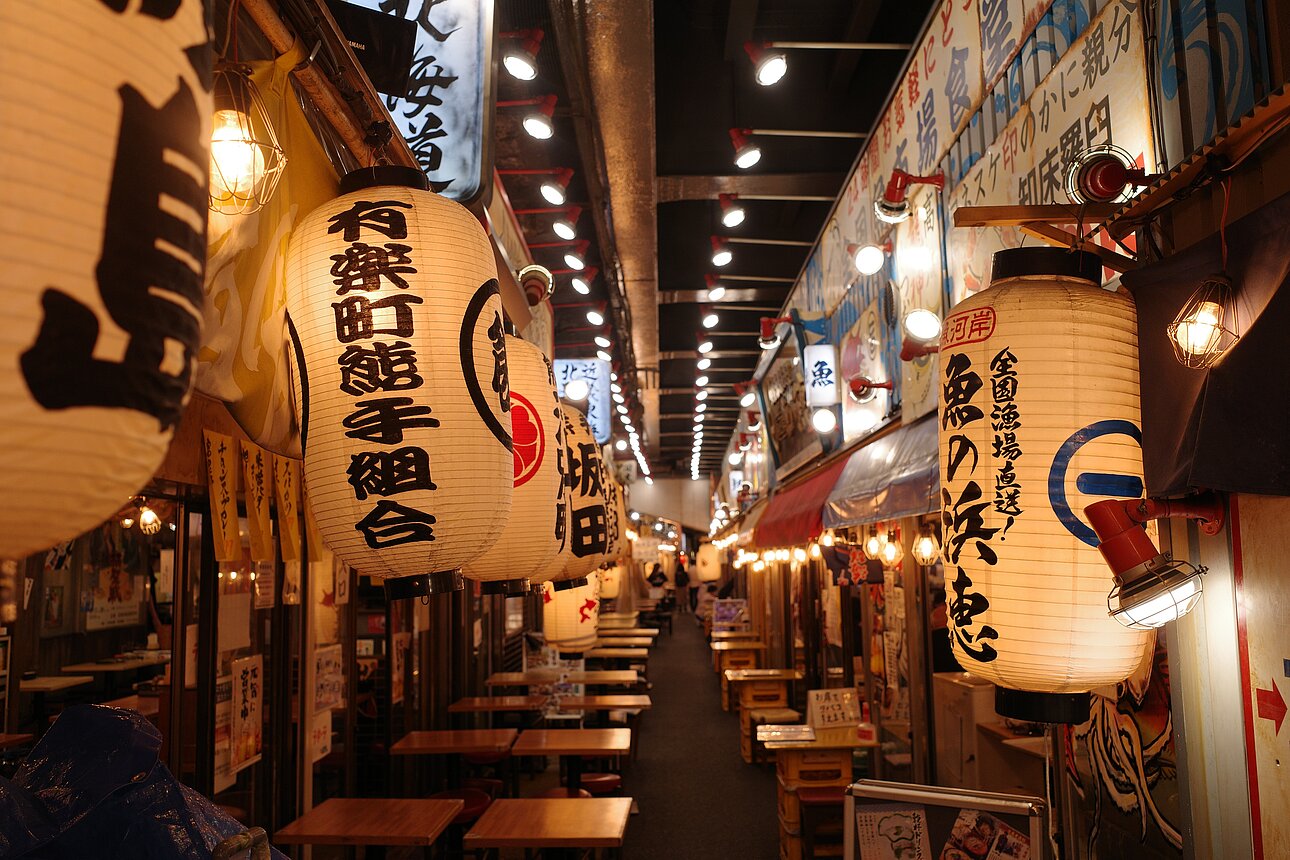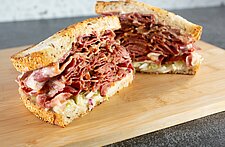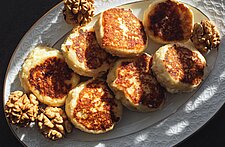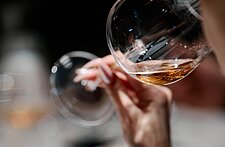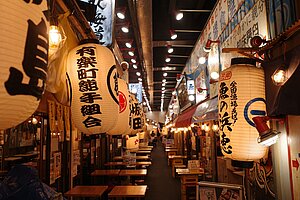 Bars tend to fall into two main categories: those that focus primarily on alcohol sales versus more casual pubs that offer liquor, food, and a laid-back vibe. Japan is no stranger to this distinction.
Bars tend to fall into two main categories: those that focus primarily on alcohol sales versus more casual pubs that offer liquor, food, and a laid-back vibe. Japan is no stranger to this distinction.
Sake is the national beverage of Japan, with original sakaya, or sake bars, brewing and selling this rice-based drink. Izakaya (essentially pubs) arrived later to tempt the working class with food and beverages.
Japan has long been a producer of world-renowned beer, whiskey, and other libations, but traditional Japanese-style sake bars and izakaya have only recently started to trend worldwide. How did sakaya and izakaya start? Where are these bars taking root in the U.S., and what do they have to offer an American audience?
Japanese Bar Culture
Japan has a long history of exceptional brewing and distillation, along with a unique bar culture. While this island nation has only been distilling whiskey since the late 19th century, sake brewing is thought to date back to at least 300 B.C.E. and possibly earlier.
The history of bars in Japan is equally impressive. Modern-day izakaya can be traced back to medieval sakaya that popped up during the 14th century. The original sakaya both brewed and sold sake, but by the 17th century, some of these had evolved into sit-down establishments where sake was no longer brewed.
In the 18th century, more of these pubs, now called “izakaya,” added food to their offerings. Early izakaya featured a cozy, casual ambiance. Originally intended to appeal to the working class, these establishments were an affordable alternative to high-end sake bars.
The spread of Japanese liquor and bar culture in the U.S. has been slow and spotty, often impacted by opposition from domestic brewers and distillers. It wasn’t until recent years that izakaya-style establishments began to boom in the U.S., mirroring the explosion of other small-plate venues like tapas bars.
Related: Japanese Food Trends Hitting the U.S. Markets
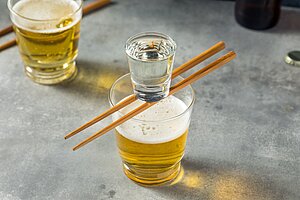 Japanese Bar Trends in the U.S.
Japanese Bar Trends in the U.S.
Sake bars have graced major cities for a while now. Decibel, New York City’s first sake bar opened in 1993 and is still going strong today after giving local clientele a taste for sake, shochu, and Japanese whiskey.
Daikaya, an izakaya and ramen shop in Washington, D.C., has been thriving since 2013. The establishment specializes in freestyle Japanese comfort food with a modern twist.
Boston may be best known for lager-style brews, but sake bar Koji Club, launched in 2020, made Esquire’s 2023 list for Best Bars in America due to an ambiance “more Tokyo than Beantown,” not to mention bold spirits like 10-year yamahai junmai sake and Yuho “Eternal Embers” junmai sake from Ishikawa prefecture.
Izakaya Den in Denver, CO, described as a Japanese gastropub, won an American Architecture Award for a design meant to elevate its Japanese roots. Patrons can enjoy sake and tapas or head next door to sister shop Sushi Den for more substantial fare.
Ototo in Los Angeles’ Echo Park neighborhood, launched in 2019 by former Decibel employee Courtney Kaplan, offers an expansive sake menu intended to attract aficionados and newcomers alike.
The seasonal menu at Ototo is particularly notable. Said Kaplan, “The fact that sake is seasonal is something that’s lost on a lot of consumers in the U.S. In Japan, it’s a big deal when the first sakes of the year come out, and people may reserve their own bottles at the local liquor store.”
Stay Informed, Stay Inspired - Subscribe to our Newsletter Here!
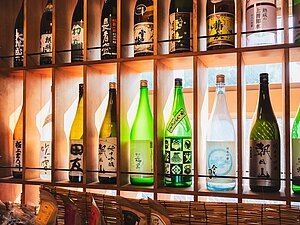 Culture Comforts Speak to U.S. Consumers
Culture Comforts Speak to U.S. Consumers
Most U.S. izakaya and sake bars follow traditional standards to offer American consumers an authentic Japanese experience. Even those that feature modern twists don’t stray far from the formula. The good news for restaurants looking to attract a sake-seeking audience is that Japanese-style bars have created a market others can capitalize on.
Ready to dive deeper into our products, uncover the latest trends, and gain valuable insights? Reach out to us here today to discover more!
